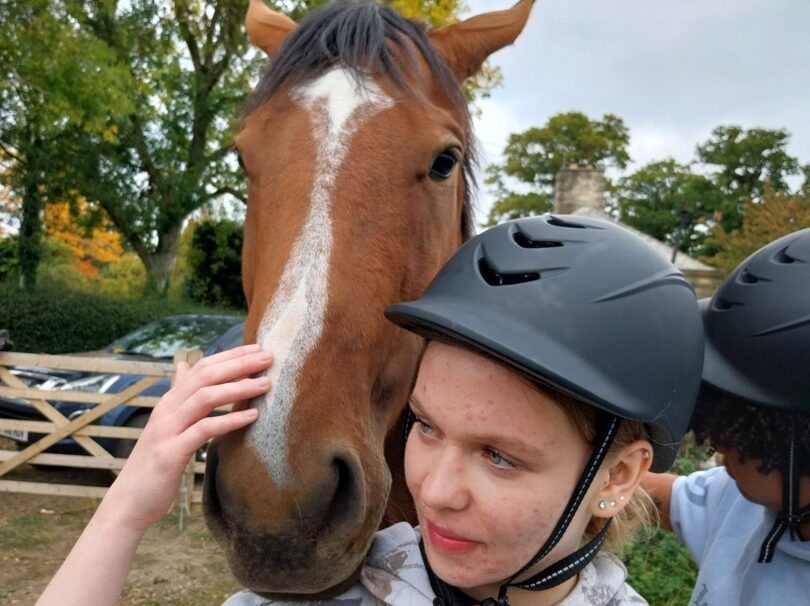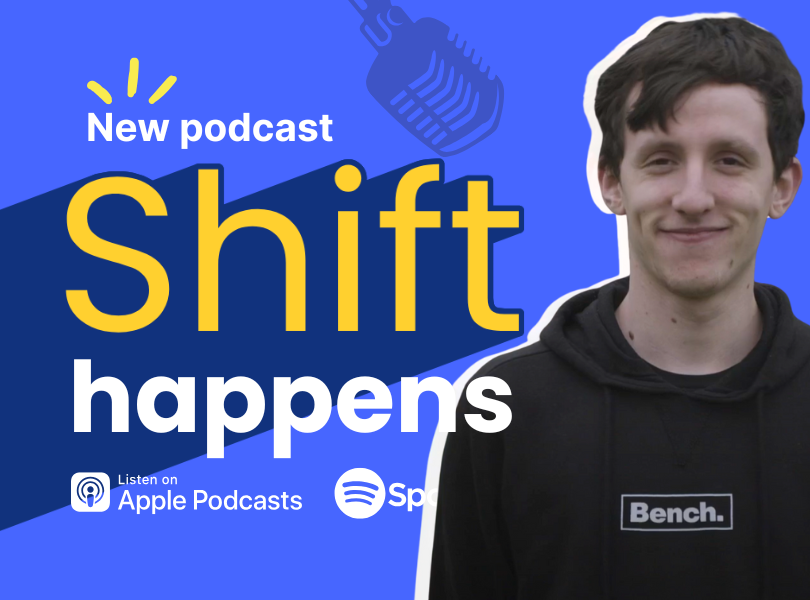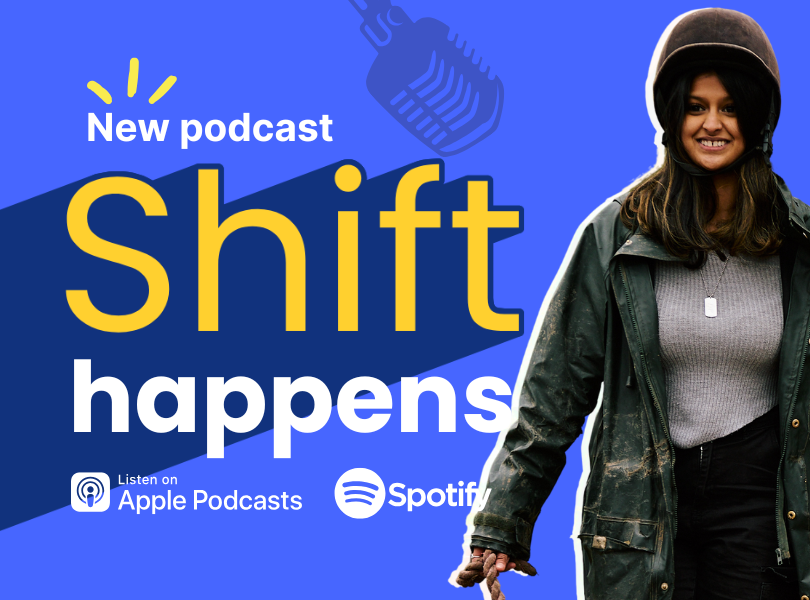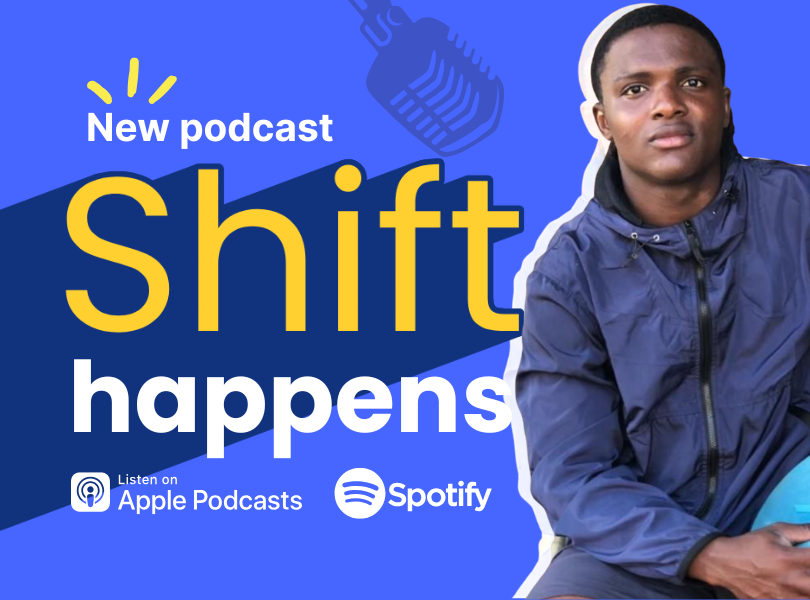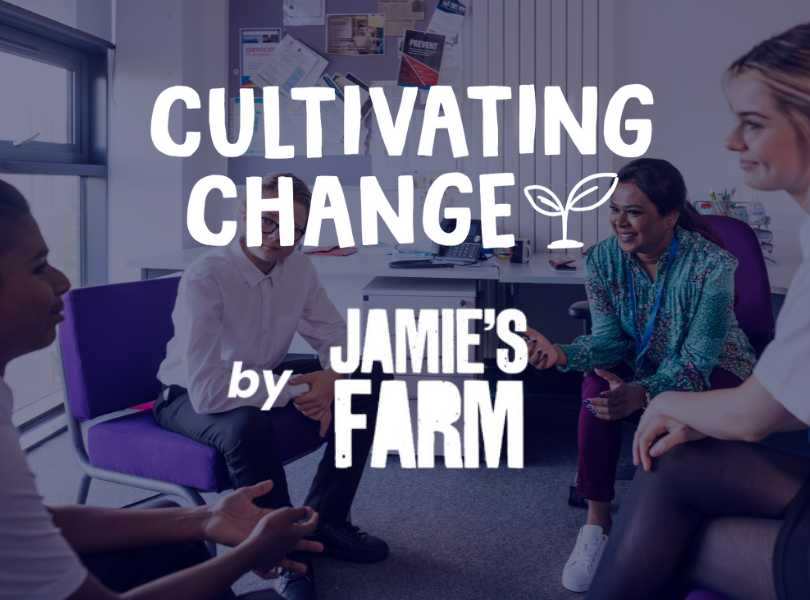
The power of a trusted relationship with a single adult can be transformative for young people, especially those who face adverse childhood experiences.
“She changed my life. What she did for me lived on forever. In a child who was really empty, she made me feel OK in myself and that was life-changing.” Katriona O-Sullivan, Lecturer and Author of ‘Poor’, describing one of her primary school teachers.
In our fourth Cultivating Change webinar, our panel discussed why positive relationships with young people should underpin everything we do, and more importantly, how we can create supportive environments that enable young people to flourish.
At Jamie’s Farm, the most important thing that we do is building positive relationships with young people and we have seen first-hand that just one trusted adult can change life outcomes for disadvantaged children, but how do you start? Especially when your environment may not lend itself to lengthy personal conversations with every young person you encounter.
These questions and more were discussed by our panel, alongside Jake Curtis (Co-CEO of Jamie’s Farm):
- Adele Newell- Young person and Jamie’s Farm Ambassador
- Tish Feilden- Co-Founder of Jamie’s Farm and Director of Therapeutic Education
- Ed Kirwan- Founder of Empathy Week
- Jaqueline Vaughan- Regional Director of Place2Be
The panellists got stuck into the topic, giving their perspectives on why relationships are so important and, more importantly, gave their top takeaways on how we can build them:
1. Listen
Recognising that this might be easier said than done, Adele acknowledges that schools are incredibly busy places and teachers encounter hundreds of young people every day. Finding time to listen to individuals can be challenging to say the least. However, carving out a few minutes each day to actively listen is key to building trusting relationships. Findings from The Children’s Society Good Childhood Report 2022 also show that feeling listened to at school is strongly associated with children’s overall happiness at school.
“Having an adult that actually listens to you builds a sense of trust, and then you’re more likely to ask for help or ask for a bit of extra support when you need it, without feeling like you’re going to be shut down” Adele
We may not be able to listen to all young people in our care every day, but Jaqui Vaughan (Place2Be) acknowledged that when adults know young people well, it means we are better able to identify when an individual might be struggling or behaving unusually and prioritise them.
“There are 30 plus children in a class – a teacher can’t get to every person, but if you can see someone is visibly struggling, ask about it rather than brush over it”. Adele
2. Be Authentic
Tish Feilden (Author of ‘Creating change for vulnerable teens’) reminded us all that young people have super senses when it comes to authenticity. Sharing some of yourself that’s not just to do with school or allowing young people to see your vulnerabilities (within reason) is an extremely helpful way to build the foundations of a trusted relationship.
Adele pointed out that “Young people don’t need to hear the emotional ins and outs of your personal life, but to feel that they know you on a more human level is important”.
Tish confirmed that there should be a limit to what you share, adding “Too many children are carrying enormous anxiety about adults in their lives already”. There is a big difference between authentically sharing your feelings; a consciously held expression that you’re struggling in some way e.g. ‘I’m feeling quite tired today because my toddler kept me up last night’ and expressing emotions as rejections of young people I’m very tired and didn’t want to come in this morning. I won’t be taking any silly behaviour from you today”.
3. Use a Strengths Based Approach
Start with the positives; noticing the strengths of a young person and the things that make them an individual. Because Adele felt her teacher cared about her and saw her strengths, she described that she could achieve more than she felt capable of.
“Luckily, I had a teacher at school that gave me opportunities instead of limitations. She gave me reasons to believe in myself, to push myself further.” Adele
Tish added that when young people are behaving in a challenging way, try and find something you like about them (however small) to start the conversation with; ‘I love your sense of humour. You could be a great stand-up comedian AND (not but) that skill is quite hard to manage in a big group’ or ‘I love the energy you have shown but I’m concerned you might be struggling a bit today. I’m wondering whether you might like some time to talk about it?’.
4. Show Empathy and Curiosity
‘If we want to change the world, we first have to understand the people in it’.
Ed Kirwan (Founder of Empathy Week) described empathy as “the ability to reserve judgement, connect with other people and understand others as their authentic selves”. Empathy is the foundation of relationships and to truly empathise you must try to understand another’s perspective- even if it doesn’t match with your own.
Empathy in practice means not making assumptions about young people and showing curiosity about their experiences and contexts. Tread lightly though- curiosity shouldn’t be intrusive. Show that you’re interested in them as an individual and come alongside them, using language like; ‘I can see you’re struggling and I’m wondering what might be going on for you’ or ‘I can see this is hard for you and I’m curious about why this might be’ rather than ‘This behaviour is unacceptable’. Tish explained that confronting language pushes child into resistance, which can be played out as reluctance, withdrawing contact, and more challenging behaviour.
5. Do Smile Before Christmas
The age-old adage for trainee teachers ‘Don’t smile before Christmas’ couldn’t be further from what children and young people need: to feel liked and likeable. Tish Feilden (Co-Founder of Jamie’s Farm and author of ‘Creating change for vulnerable teens’) made the point that young people want to be with adults who WANT to be with them and are highly intuitive when adults around them lack passion and positivity.
Adults modelling warmth and kindness will generate warmth and kindness in their classrooms. Young peoples’ super senses also mean that positivity that isn’t genuine will be detected as fraudulent, so don’t fake it. Young people need to trust that you have integrity and will show up for them when they need you.
